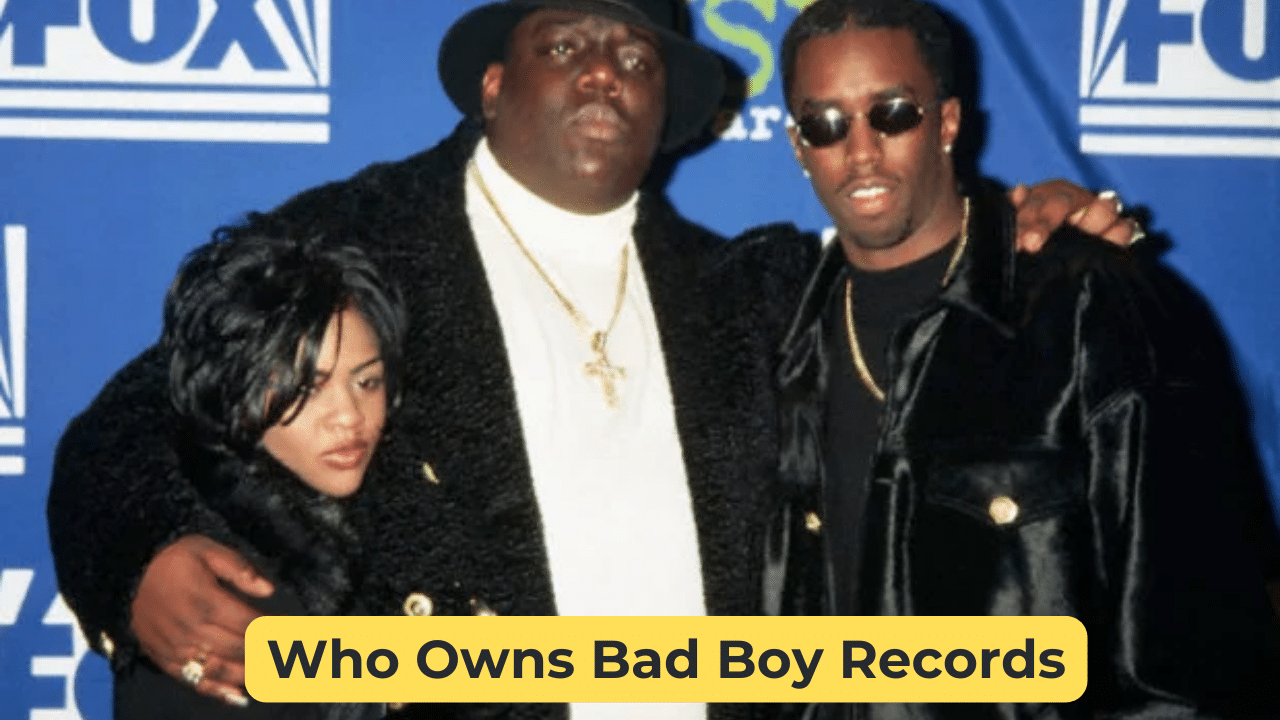Who Owns Bad Boy Records: Introduction
Bad Boy Records is an iconic name in the music industry, synonymous with some of the biggest hits and artists of the 1990s and early 2000s. Founded by Sean “Diddy” Combs, the label has played a pivotal role in shaping the landscape of hip-hop and R&B. This article provides a detailed exploration of who owns Bad Boy Records today, its historical significance, and the recent developments that have brought it back into the spotlight.
The Founding of Bad Boy Records
Sean “Diddy” Combs, also known as Puff Daddy, founded Bad Boy Records in 1993. The label quickly rose to prominence with the release of successful albums from artists like The Notorious B.I.G., Faith Evans, and 112. Diddy’s vision and business acumen turned Bad Boy Records into a powerhouse in the music industry, known for its distinct sound and star-studded roster.
Early Success and Legacy
Bad Boy Records’ early years were marked by monumental success. The Notorious B.I.G.’s debut album, Ready to Die, released in 1994, was a critical and commercial success, cementing the label’s reputation. The tragic death of The Notorious B.I.G. in 1997 was a significant blow, but the label continued to thrive with hits from artists like Mase, Total, and the continued success of Faith Evans.
Ownership Changes Over the Years
Over the years, Bad Boy Records has undergone several changes in ownership and distribution partnerships. In the early 2000s, the label entered into a joint venture with Arista Records, followed by a distribution deal with Universal Music Group. These partnerships helped Bad Boy maintain its presence in the industry despite the evolving music landscape.
Current Ownership: Sean “Diddy” Combs
As of today, Sean “Diddy” Combs retains ownership of Bad Boy Records. Despite various business ventures and changes in the music industry, Diddy has managed to keep the label under his control. His commitment to Bad Boy Records is evident in his efforts to revive the label and adapt to the modern music scene.
Recent Developments: Returning Music Rights
In recent news, Diddy made headlines by returning the music rights to several artists who were previously signed to Bad Boy Records. This move is part of his broader effort to address past grievances and ensure that artists receive fair compensation for their work. The return of music rights has been a significant step in Diddy’s ongoing mission to support the artists who helped build Bad Boy’s legacy.
The Impact of Music Rights Return
The decision to return music rights to former Bad Boy artists has been widely praised within the industry. Artists like Faith Evans, 112, and Ma$e, who were integral to the label’s success, have publicly acknowledged the positive impact of this move. This gesture not only addresses historical issues but also sets a precedent for other labels to follow in promoting fairness and transparency in the industry.
Bad Boy Records Today
Today, Bad Boy Records continues to influence the music industry. While it may not dominate the charts as it once did, the label’s legacy is undeniable. Diddy’s efforts to modernize Bad Boy include signing new artists and exploring innovative distribution methods to stay relevant in the digital age. The label’s impact on hip-hop and R&B remains profound, and its history is celebrated by fans and artists alike.
Conclusion
The ownership and legacy of Bad Boy Records are closely tied to Sean “Diddy” Combs. From its founding in 1993 to its current status, Bad Boy Records has been a significant force in the music industry. Diddy’s recent decision to return music rights to former artists is a testament to his commitment to justice and fairness in the industry. As Bad Boy Records continues to evolve, its influence and legacy remain intact, ensuring its place in music history for years to come.
